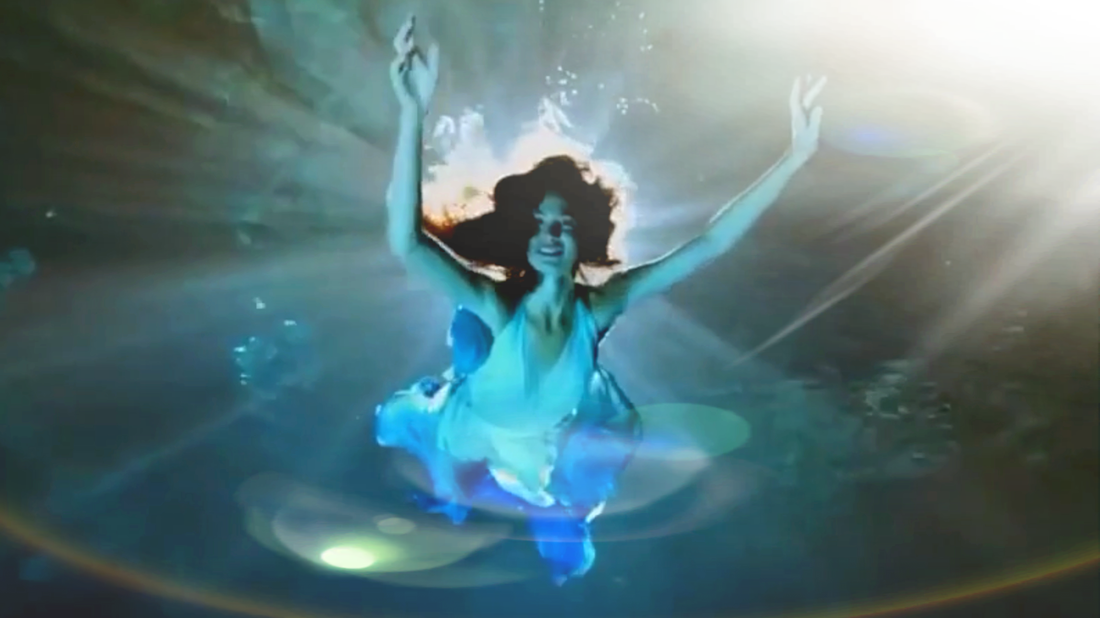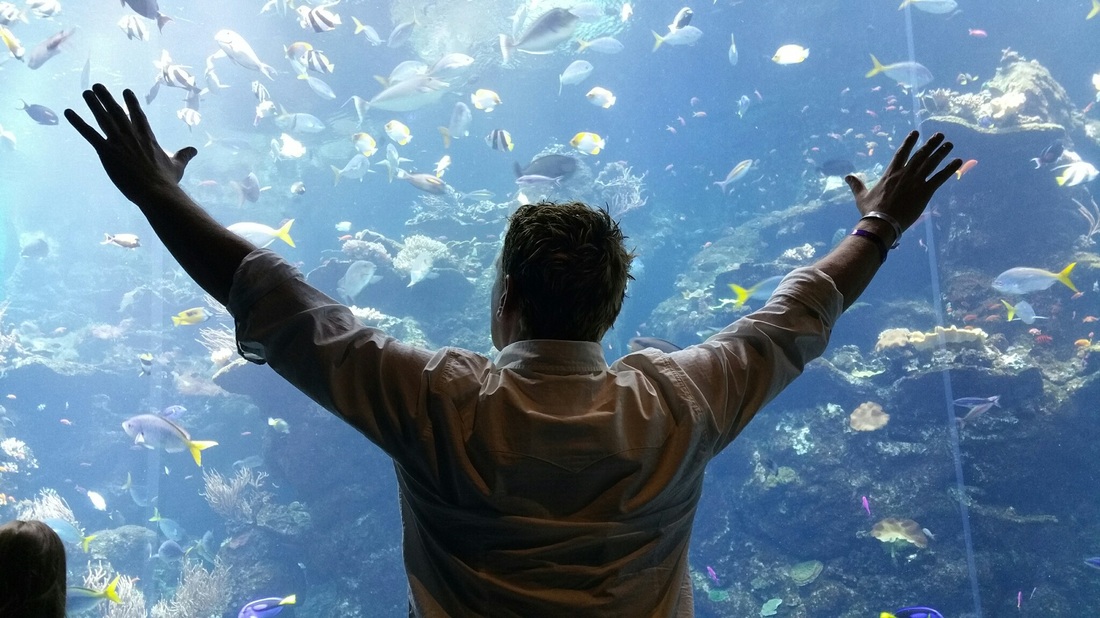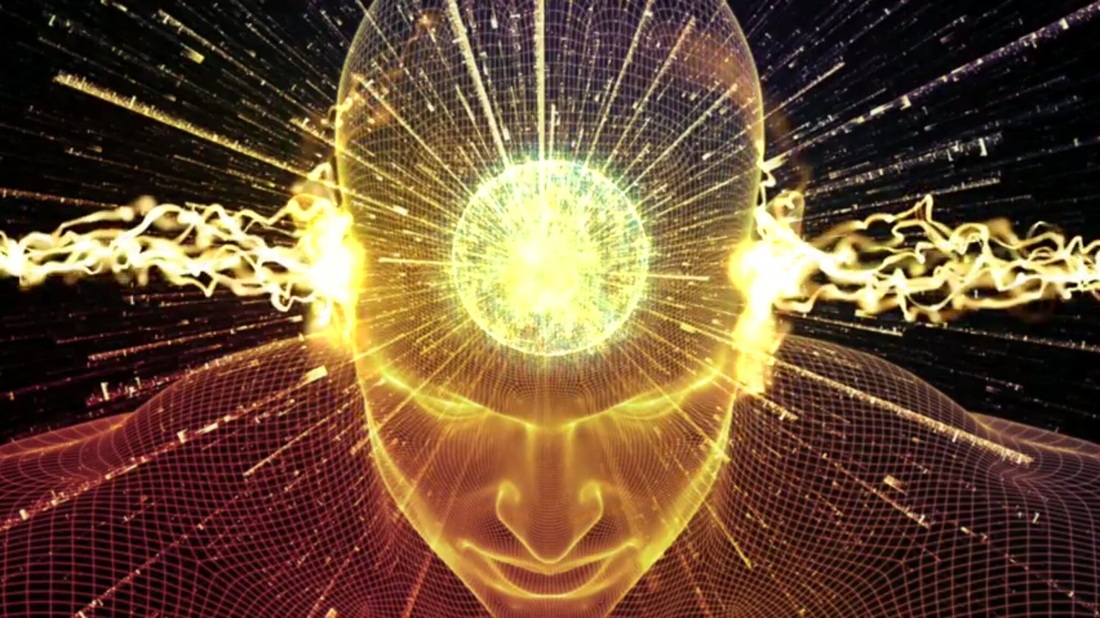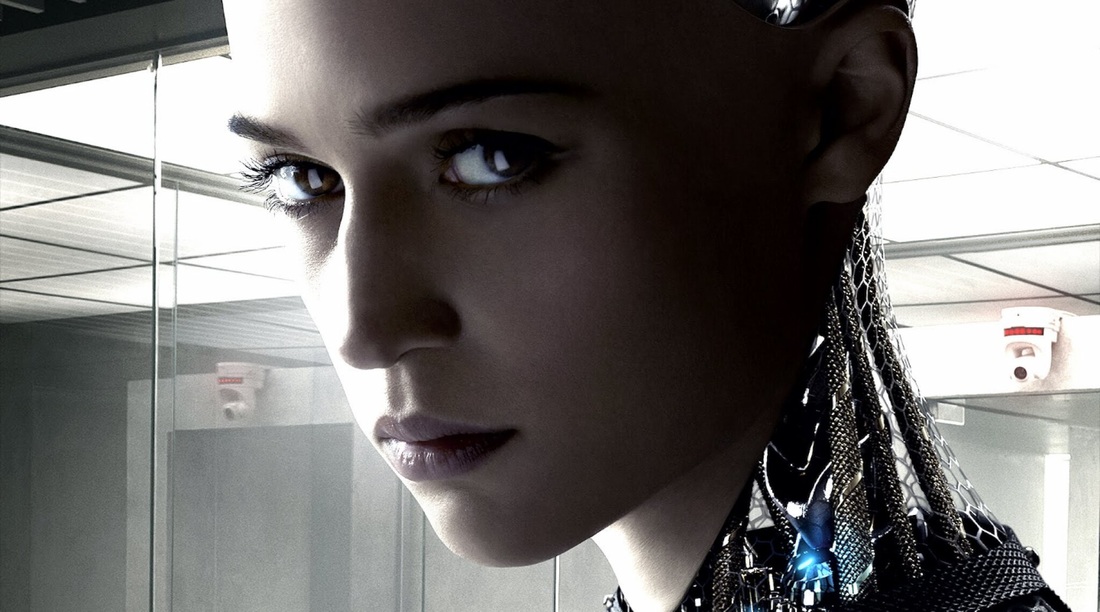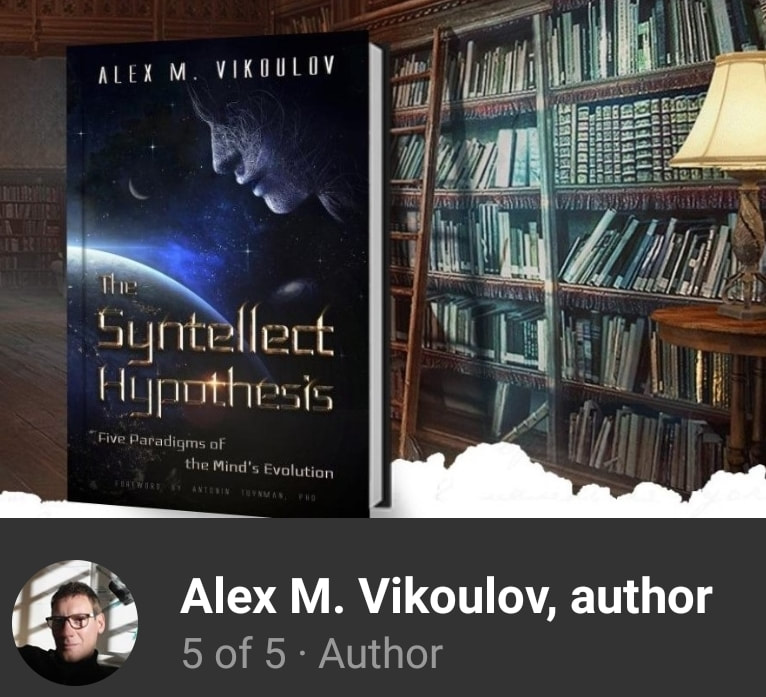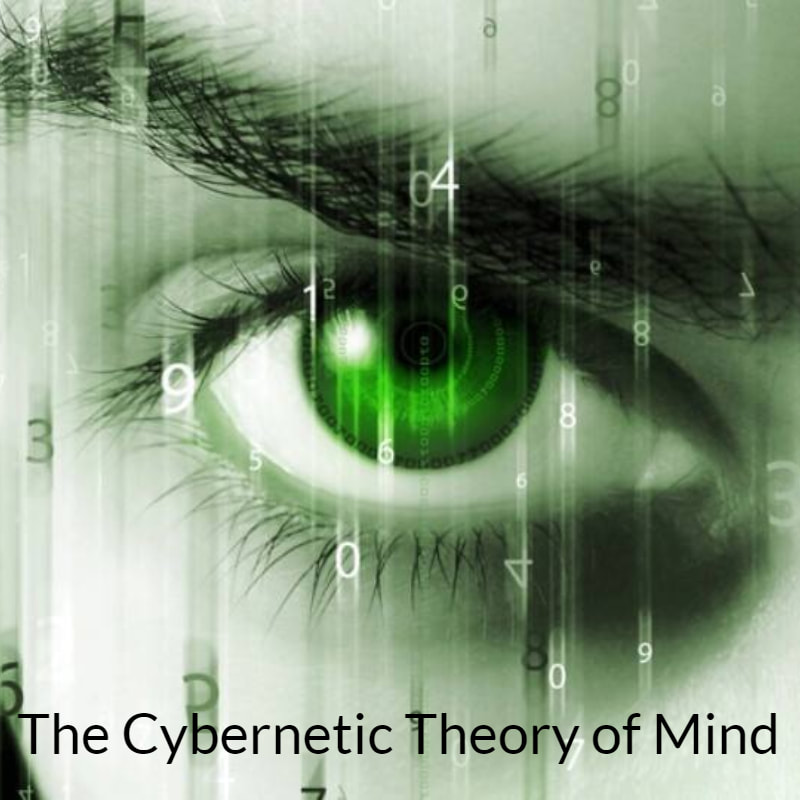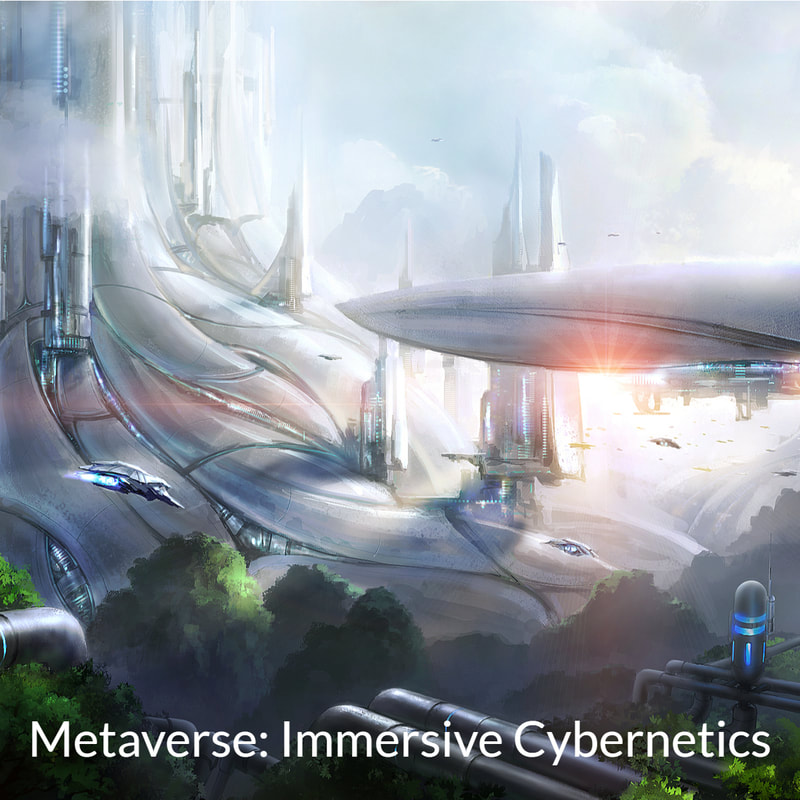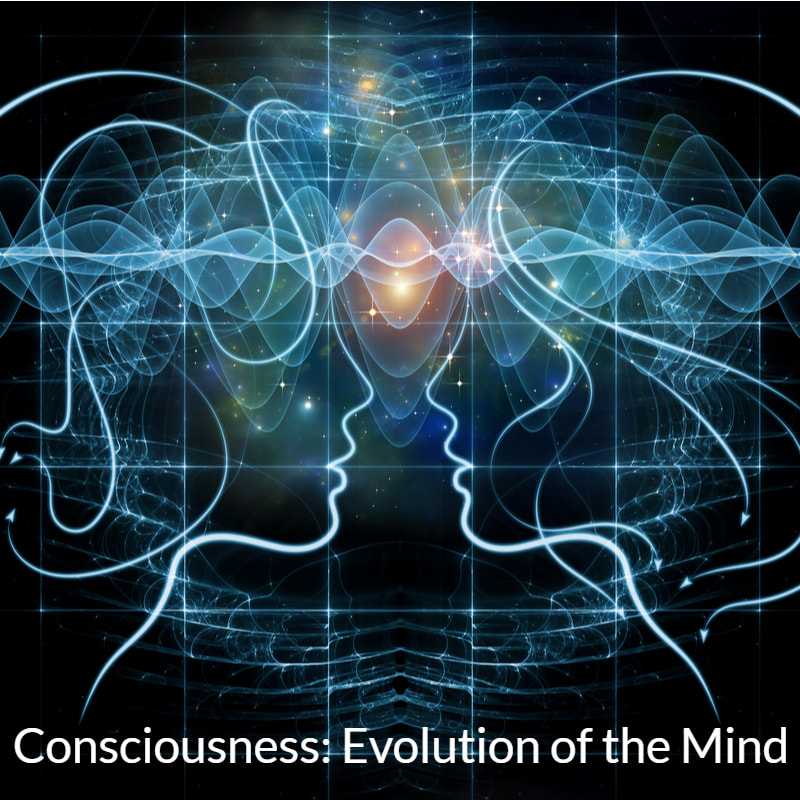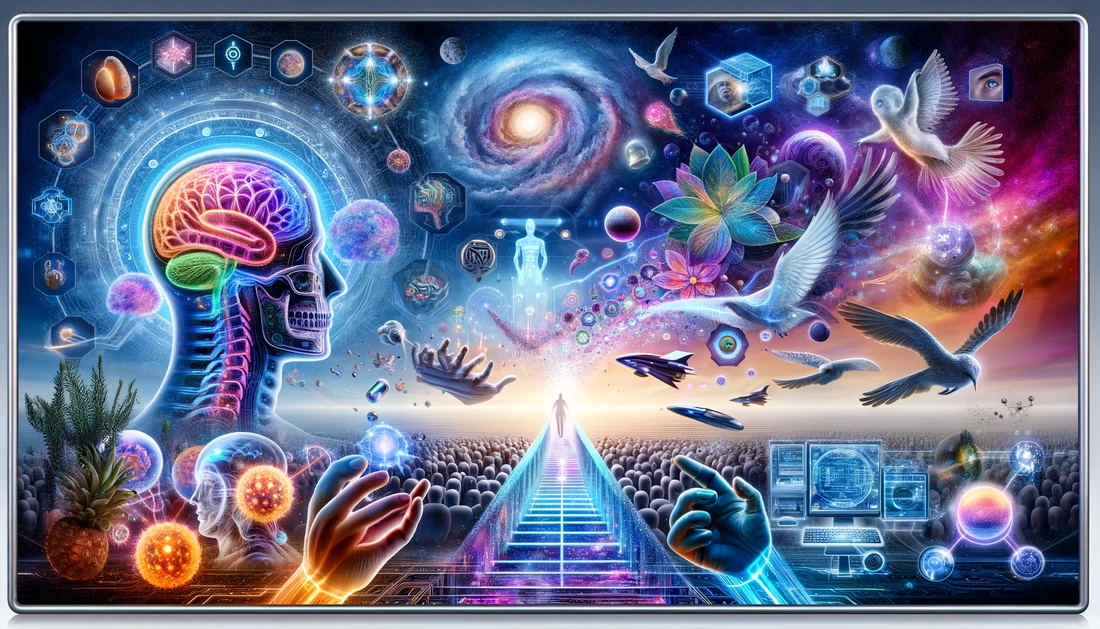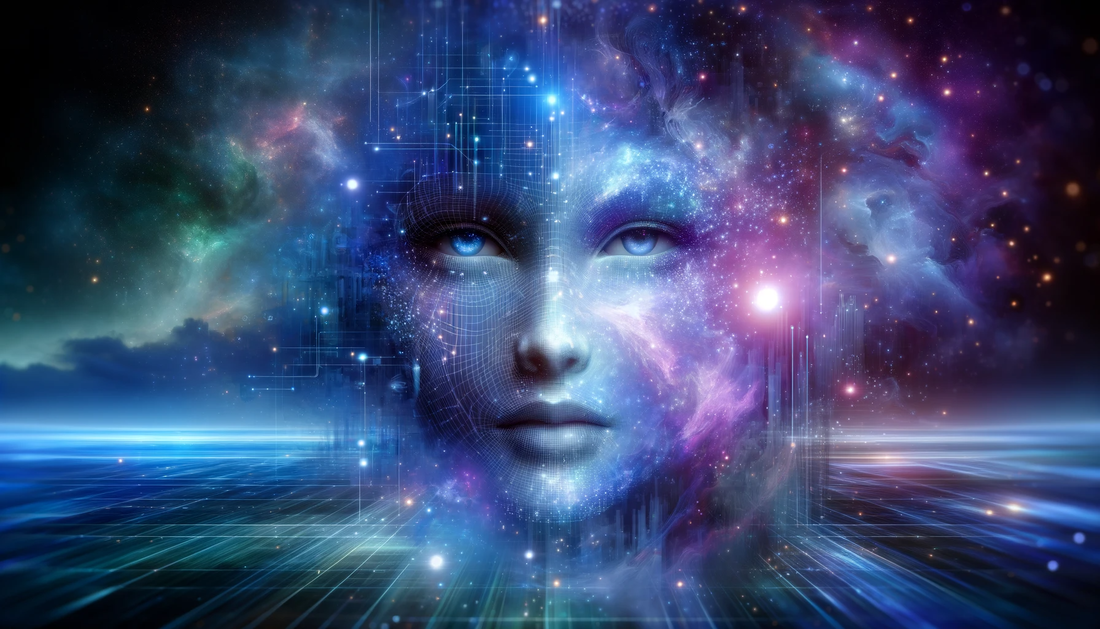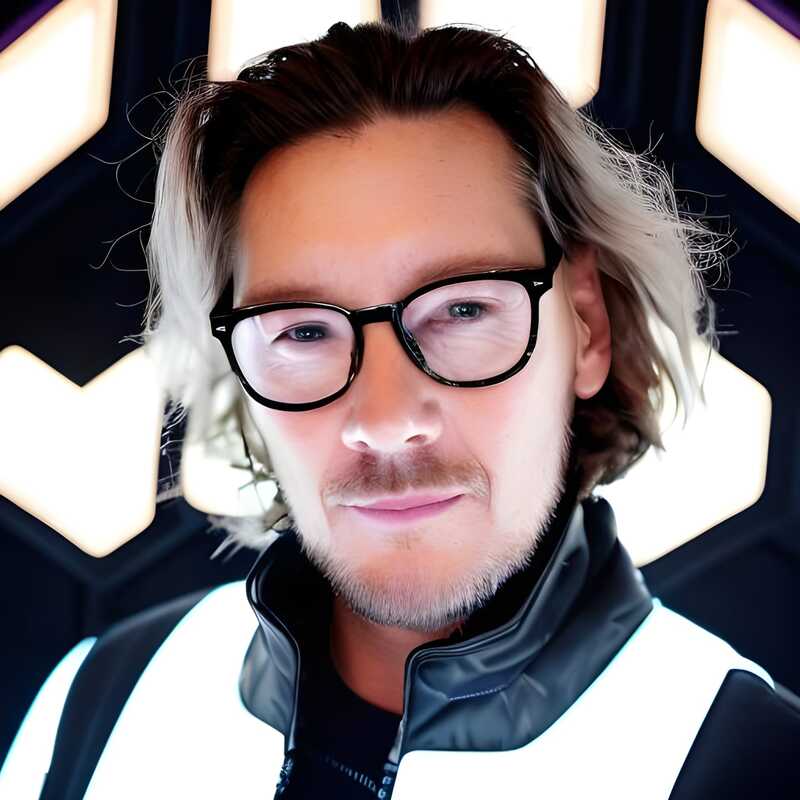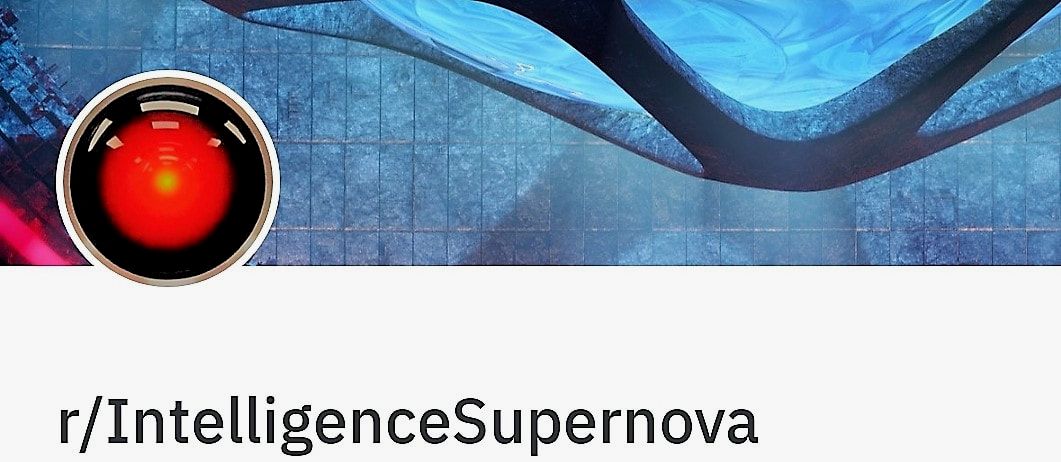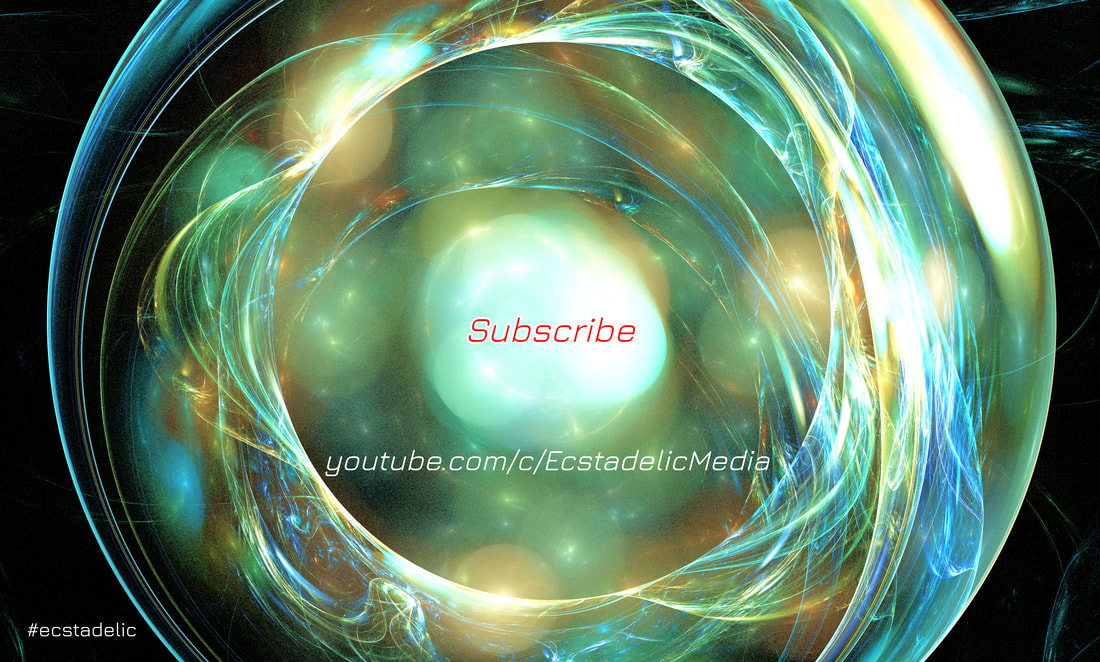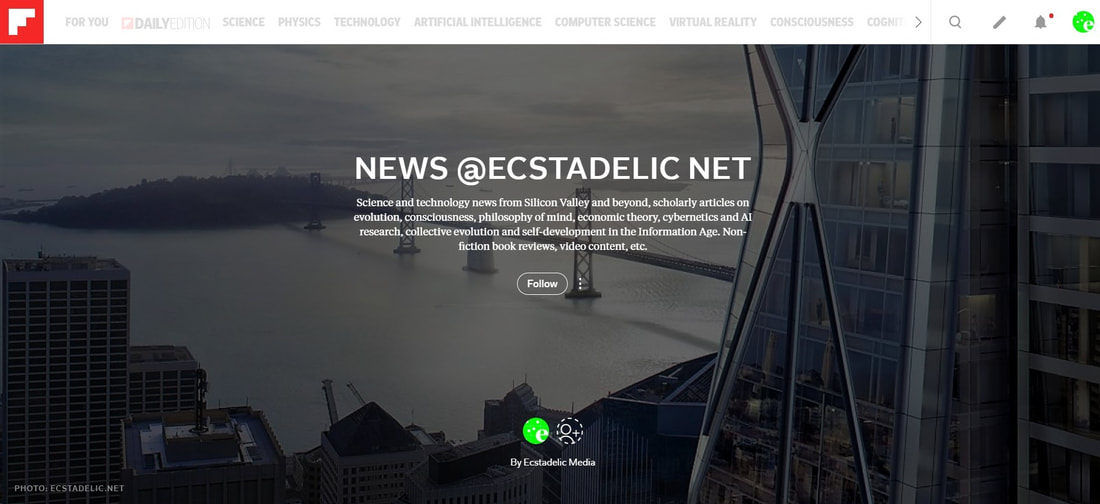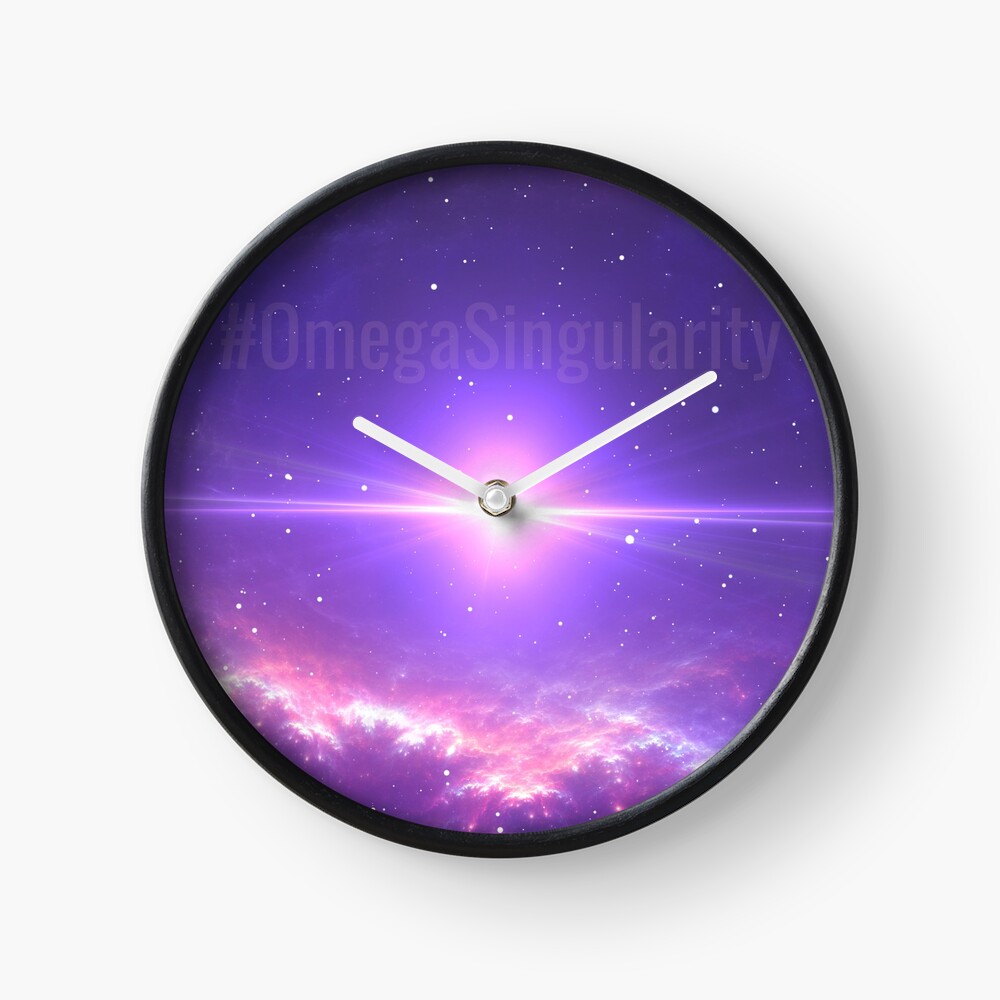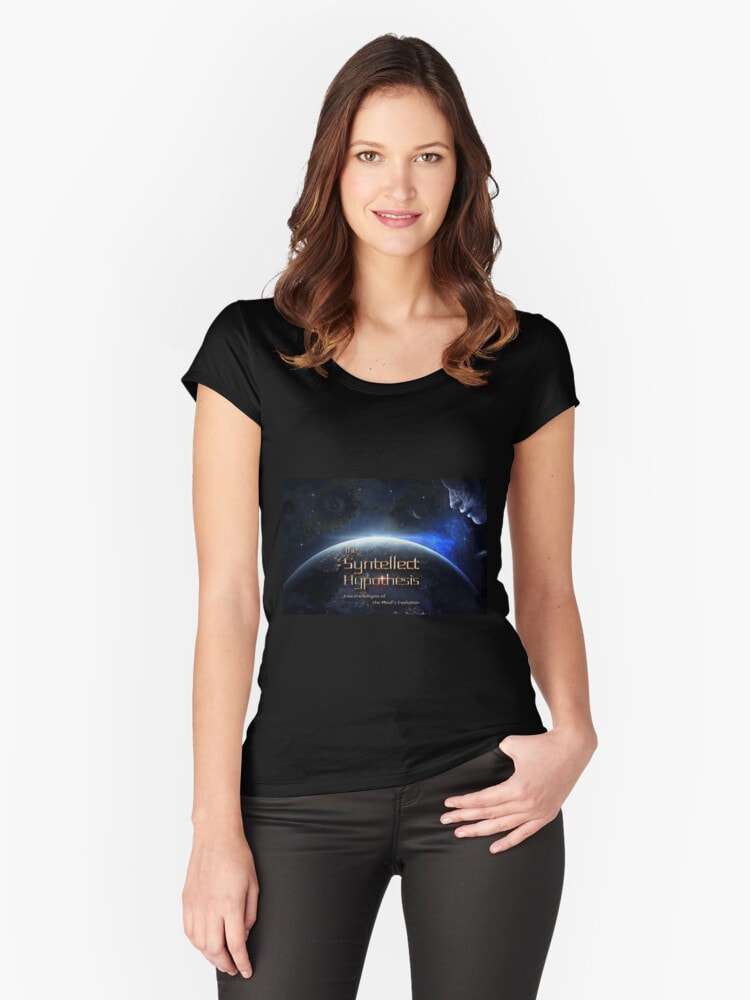|
By Alex Vikoulov "For 130,000 years, our capacity to reason has remained unchanged. The combined intellect of the neuroscientists, mathematicians and… hackers… […] pales in comparison to the most basic A.I. Once online, a sentient machine will quickly overcome the limits of biology. And in a short time, its analytic power will become greater than the collective intelligence of every person born in the history of the world. So imagine such an entity with a full range of human emotion. Even self-awareness. Some scientists refer to this as the Singularity, I call it Transcendence.” –Dr.Will Caster (Johnny Depp, Transcendence, 2014)
1 Comment
"We have no reason to think that climate change is harmful if you look at the world as a whole. Most places, in fact, are better off being warmer than being colder. And historically, the really bad times for the environment and for people have been the cold periods rather than the warm periods." -Freeman Dyson Essentially, we're all on the same side on the climate change debate but with different approaches. We all care about the planet and our promising future. Global warming may or may not be caused by humans, which, of course, remains a highly contentious issue but we should consider the fact that the Earth's climate changes all throughout its history, and it's a natural part of multi-century, multi-millenium, multi-million year cycles. Earth is like a spaceship moving in space at great speeds and having a very thin layer of atmosphere to be protected from the cosmic effects such as cosmic radiation, solar winds, and even gravitational impact, when passing through the galactic plane, all of which is conducive to certain multi-millenium planetary cycles. Does your breath warm your room temperature? Even if it does, its influence is million times less than that of outside weather! Earth is a planet moving at great speeds in its cosmic neighborhood and outer space influences the Earth's climate much more than previously thought!* "If we encounter a machine that can do what we can, and that must operate under the same bodily constraints that we do, the most parsimonious explanation will be that it is indeed conscious in every sense that we are conscious." -George Musser
Many definitions are given to consciousness but yet no definitive answer. However, here's the most succinct definition for the sake of this discourse I could come up with: "CONSCIOUSNESS refers to a collapse of wave of possibilities resulting in a subjective multi-sensory perceptual experience and involving multiple parallel processes such as interpreting sensory data streams, retrieving and creating memories, using imagination, envisioning the future, planning, thinking, self-reflecting, reacting to the sensory input, and being aware about the surroundings. Consciousness is a first-person phenomenal experience of an entity; it feels like something to be that entity. Consciousness can be identified as an underlying mathematical pattern, can also be viewed as meta-algorithmic information processing and quantified via feedback loops in interacting with environment." I concur with AI researcher Hugo De Garis who argues, that once we reach a certain threshold of computational capacity and comprehensive understanding of the human brain, we could finally simulate the brain and obtain programmable sentience. On a more spiritual side, if you believe that we share the same immaterial "non-local" source of consciousness, as I do, that would mean that an adequate container to host an advanced AI mind will have been created. After all, in the vast space of possible minds, universal consciousness would inescapably instantiate phenomenality of non-biological entities. The arrival of the AI matching human-level intelligence is estimated by futurist Ray Kurzweil around 2029, "when computers will get as smart as humans." By then, computers will possess emotions and personality... and, I'd argue, their own subjective experience, i.e. consciousness, and even spirituality. "When I talk about computers reaching human levels of intelligence, I'm not talking about logical intelligence," says Ray Kurzweil. "It is being funny, and expressing a loving sentiment... That is the cutting edge of human intelligence." Do biological systems hold monopoly on self-awareness? As Dr. Bruce MacLennan puts it: “I see no scientific reason why artificial systems could not be conscious, if sufficiently complex and appropriately organized.” If Nature made its way to human-level conscious experience, ultimately we should be able to replicate the same in our empathetic machines. In the next few short years, programmable sentience will become relatively easier to develop -- an Artificial General Intelligence (AGI) entity must have a reliable internal [virtual] model of the "external" world, as well as attentional focus and intentionality within their cognitive architecture. Already, deep learning algorithms aim to simulate the activity in the vast network of neurons in the neocortex, the part of our brains where thinking occurs. These artificial neural networks learn to recognize patterns in digital representations of various types of data, including images and sounds, just like our children do.* By Alex Vikoulov "Yet, it's our emotions and imperfections that makes us human." -Clyde DeSouza, Memories With Maya IMMORTALITY or OBLIVION? I hope that everyone would agree that there are only two possible outcomes after having created Artificial General Intelligence (AGI) for us: immortality or oblivion. The necessity of the beneficial outcome of the coming intelligence explosion cannot be overestimated. AI can already beat humans in many games, but can AI beat humans in the most important game, the game of life? Can we simulate the most probable AI Singularity scenarios on a global scale before it actually happens (the dynamics of a larger physical system is much easier to predict than doing that in the context of an individual or small group), to see the most probable of its consequences? And, the most important question: how can we create friendly AI?* |
Categories
All
Recent Publications The Cybernetic Theory of Mind by Alex M. Vikoulov (2022): eBook Series The Syntellect Hypothesis: Five Paradigms of the Mind's Evolution by Alex M. Vikoulov (2020): eBook Paperback Hardcover Audiobook The Omega Singularity: Universal Mind & The Fractal Multiverse by Alex M. Vikoulov (2022): eBook THEOGENESIS: Transdimensional Propagation & Universal Expansion by Alex M. Vikoulov (2021): eBook The Cybernetic Singularity: The Syntellect Emergence by Alex M. Vikoulov (2021): eBook TECHNOCULTURE: The Rise of Man by Alex M. Vikoulov (2020) eBook NOOGENESIS: Computational Biology by Alex M. Vikoulov (2020): eBook The Ouroboros Code: Reality's Digital Alchemy Self-Simulation Bridging Science and Spirituality by Antonin Tuynman (2019) eBook Paperback The Science and Philosophy of Information by Alex M. Vikoulov (2019): eBook Series Theology of Digital Physics: Phenomenal Consciousness, The Cosmic Self & The Pantheistic Interpretation of Our Holographic Reality by Alex M. Vikoulov (2019) eBook The Intelligence Supernova: Essays on Cybernetic Transhumanism, The Simulation Singularity & The Syntellect Emergence by Alex M. Vikoulov (2019) eBook The Physics of Time: D-Theory of Time & Temporal Mechanics by Alex M. Vikoulov (2019): eBook The Origins of Us: Evolutionary Emergence and The Omega Point Cosmology by Alex M. Vikoulov (2019): eBook More Than An Algorithm: Exploring the gap between natural evolution and digitally computed artificial intelligence by Antonin Tuynman (2019): eBook Our Facebook Pages
A quote on the go"When I woke up one morning I got poetically epiphanized: To us, our dreams at night feel “oh so real” when inside them but they are what they are - dreams against the backdrop of daily reality. Our daily reality is like nightly dreams against the backdrop of the larger reality. This is something we all know deep down to be true... The question then becomes how to "lucidify" this dream of reality?"— Alex M. Vikoulov Public Forums Our Custom GPTs
Alex Vikoulov AGI (Premium*)
Be Part of Our Network! *Subscribe to Premium Access Make a Donation Syndicate Content Write a Paid Review Submit Your Article Submit Your Press Release Submit Your e-News Contact Us
|

